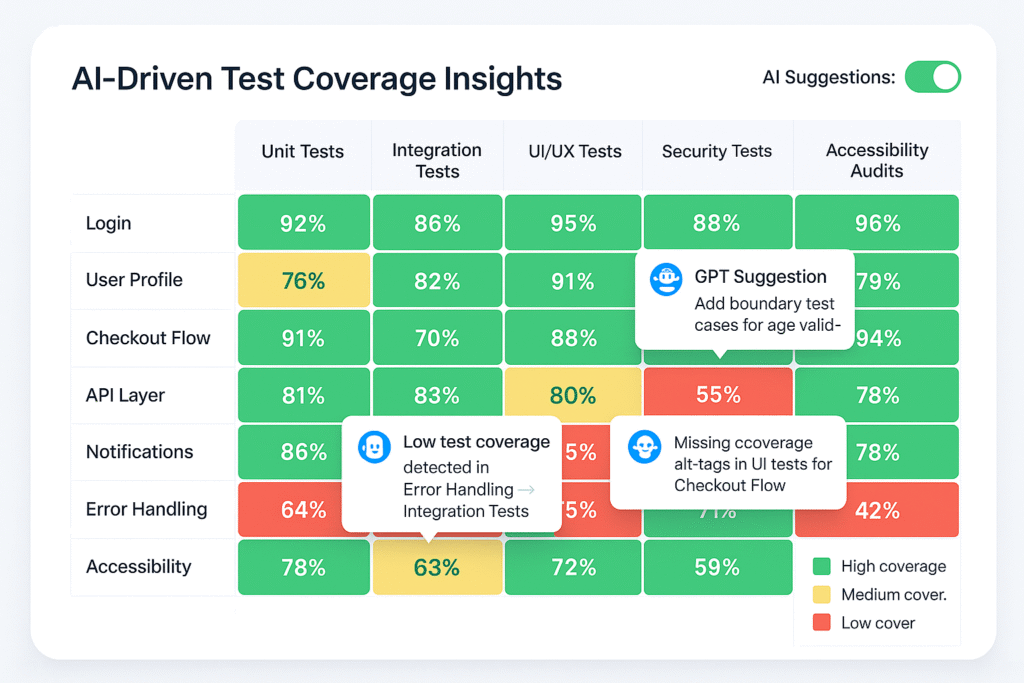
By Salleh Kodri, SE Regional Manager, Cyble
The rapid digitalization of ASEAN economies has unlocked immense opportunities for growth and innovation. However, this expansion also exposes the region to a rising wave of cyber threats that threaten national security, economic stability, and public trust.
Governments and organizations across ASEAN are increasingly recognizing the urgency of implementing robust cybersecurity strategies. This article explores how emerging technologies, strategic partnerships, and evolving regulations are shaping the cybersecurity landscape across the ASEAN region.
Rising Cyber Threats in ASEAN
As ASEAN continues its digital transformation journey, the region is encountering a surge in cyber threats targeting critical infrastructure, enterprises, and government institutions. The rise in ransomware attacks, phishing campaigns, and nation-state-sponsored intrusions highlights the need for comprehensive cybersecurity measures.
In response, ASEAN nations are embracing advanced technologies and policies focused on artificial intelligence (AI), zero-trust security models, public-private collaboration, and regulatory enhancement to build cyber resilience.
AI: A Critical Tool for Threat Detection and Response
AI is at the forefront of ASEAN’s cybersecurity evolution, offering real-time threat detection, predictive analytics, and automated incident response capabilities. Countries such as Singapore and Malaysia have integrated AI-driven threat intelligence into their national security strategies.
Vietnam’s AI-based threat monitoring system successfully thwarted thousands of phishing attempts targeting online banking users in 2023. Likewise, Malaysia’s National Cyber Security Strategy (2020–2024) prioritizes AI-based tools to enhance national cyber defenses. Indonesia has also rolled out AI-powered monitoring solutions to detect anomalies across government networks—marking a regional shift towards automation in cyber defense.
However, it’s important to note that threat actors are also leveraging AI to execute highly targeted phishing campaigns and develop malware capable of evading traditional security tools.
Zero-Trust Architectures Gaining Ground
Traditional perimeter-based defenses are increasingly ineffective in today’s threat landscape. ASEAN countries are now adopting zero-trust security models, which operate on the principle of “never trust, always verify.” These models require continuous authentication and granular access controls.
The 2024 breach of Indonesia’s e-visa system—caused by inadequate access protocols—highlighted the urgent need for zero-trust frameworks. In contrast, Singapore has already integrated zero-trust principles into its Smart Nation initiatives, protecting digital government services from unauthorized access. The Philippines is also making strides, applying zero-trust strategies to protect its critical infrastructure and reduce the risk of data breaches.
Public-Private Collaboration
Strengthening cooperation between government agencies and private organizations is vital for improving ASEAN’s cybersecurity posture. Public-private partnerships (PPPs) enable better threat intelligence sharing, coordinated incident response, and workforce development.
The ASEAN Cybersecurity Skilling Programme, supported by Microsoft, has already trained over 100,000 individuals across the region to address cybersecurity talent gaps. In Malaysia, the National Cyber Security Agency (NACSA) works closely with businesses to enhance national cyber preparedness. Vietnam is also expanding its threat-sharing networks through collaborations with global cybersecurity vendors, helping create a more coordinated and effective regional response.
Regulatory Evolution for a Safer Digital Economy
ASEAN countries are steadily enhancing their cybersecurity regulatory frameworks to enforce compliance and better manage digital risks. For instance, Singapore’s Cybersecurity Act mandates incident reporting across critical sectors. Malaysia’s Personal Data Protection Act (PDPA) ensures strict data governance, while Thailand’s Cybersecurity Act of 2019 strengthens national cyber defenses.
Yet, the region continues to grapple with regulatory fragmentation, which complicates cross-border collaboration. Initiatives like the ASEAN-Singapore Cybersecurity Centre of Excellence (ASCCE) are working to align regional policies and promote collaboration. ASEAN is also exploring a unified cybersecurity certification framework to streamline compliance and foster digital trust across member states.
Conclusion: Securing ASEAN’s Digital Tomorrow
ASEAN’s cybersecurity future hinges on continued investment in AI-powered defenses, widespread adoption of zero-trust models, strong public-private partnerships, and regulatory harmonization. As threats evolve and scale, the region must take a forward-thinking, collaborative approach.
By doing so, ASEAN can safeguard its digital economy, defend critical assets, and ensure a secure and trusted cyberspace for governments, businesses, and citizens alike.
Source: Read More



